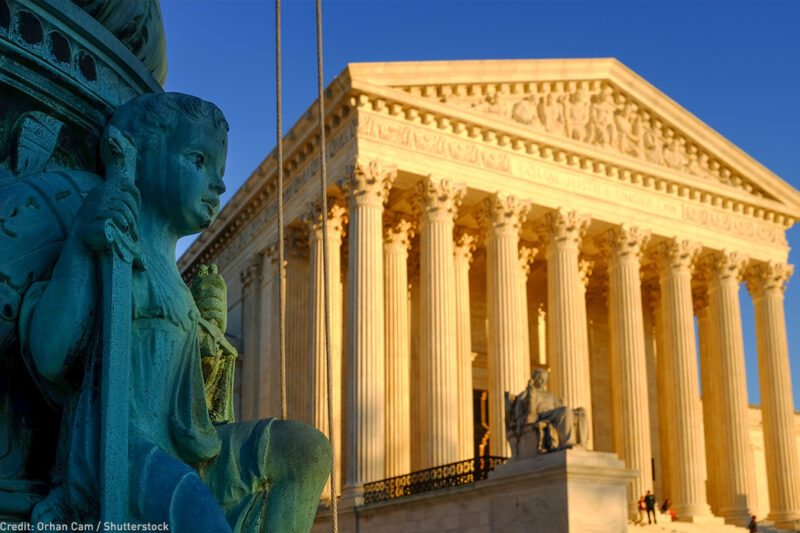
The first case I litigated before Justice Anthony Kennedy, who announced his retirement on June 27 after more than 30 years on the Supreme Court, was Texas v. Johnson, the 1989 case that established that the First Amendment protects flag-burning. Kennedy, a mild-mannered Reagan appointee, was no flag-burner. But he provided the crucial fifth vote to strike down Texas’s law.
A few years later, I invited him to guest-teach my constitutional-law class at Georgetown. I said he could talk about anything; he chose the flag-burning case. But his real subject was judging. In his hour with the students, he not only stressed the importance of having an open mind, but exemplified it in his openness to the students themselves. Not all judges are like this; Justice Antonin Scalia was always absolutely certain about his views when speaking to students (or to anyone else, for that matter).
I remember arguing to a colleague, a noted gay-rights scholar, that this characteristic meant that Kennedy might be persuaded to vote in favor of other progressive causes. My colleague dismissed the idea, sure that Kennedy would play to type and vote consistently conservative.
Yet it was Kennedy who wrote every one of the Court’s decisions protecting gay and lesbian rights, including pathbreaking decisions striking down a Colorado referendum that barred protection against discrimination on the basis of sexual orientation, and invalidating a Texas law making same-sex “sodomy” a crime. And most importantly, he wrote the majority opinions in United States v. Windsor and Obergefell v. Hodges, both 5–4 decisions extending constitutional protection to the marriage of same-sex couples. In these and other decisions, he saw in anti-LGBTQ measures a direct affront to the equal dignity of all persons.
Read the full article at The Nation.



